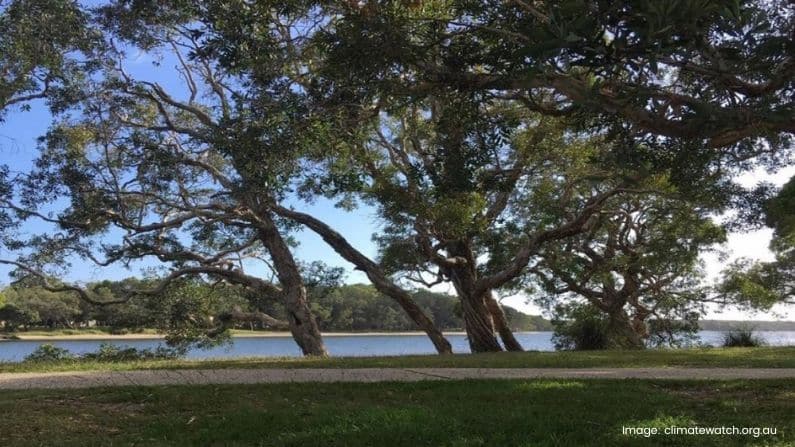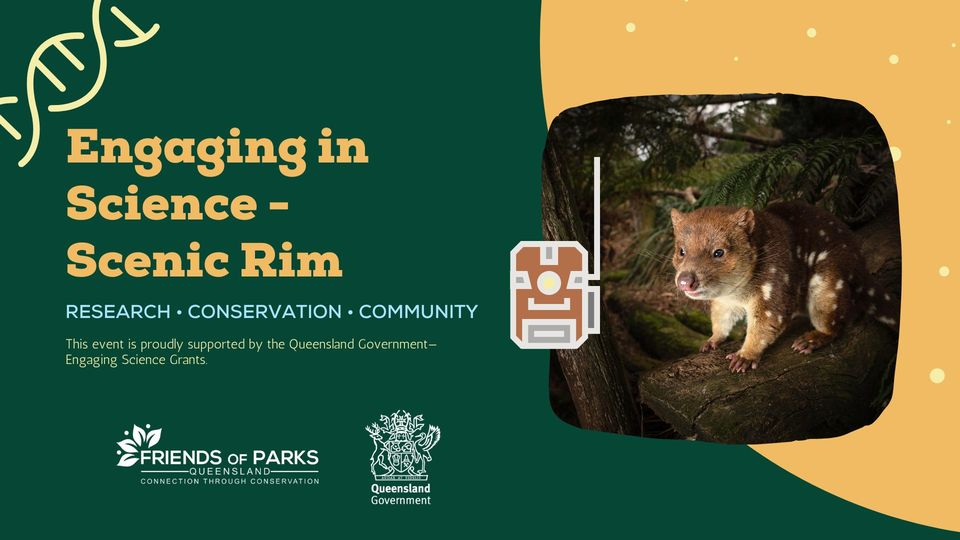

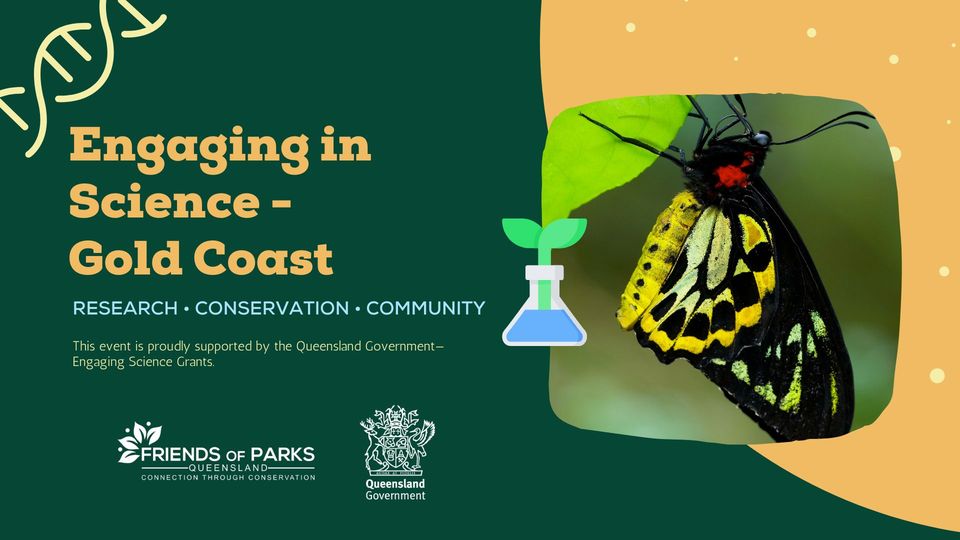
Engaging in Science – Gold Coast Event
Friends of Parks Queensland invites you to an exciting afternoon filled with guided walks, informative talks, citizen science activities, and networking opportunities. Set against the backdrop of David Fleay’s Wildlife Park, nestled on Kombumerri Country in the heart...
Who’s visiting your backyard? Identifying wildlife from their scat
27 February 2024 | By Wenda Shurety Whether you’re in your backyard, exploring a park, or hiking through the bush, do you ever wonder what wildlife species are nearby? Even when wildlife isn’t readily visible, they often leave subtle traces of their...
Wildlife Wise
Get excited about Logan’s native wildlife and celebrate World Wildlife Day as you get the chance to meet native animals and learn more from wildlife experts! Adults will learn more about local wildlife and ways to help them on your property, including practical...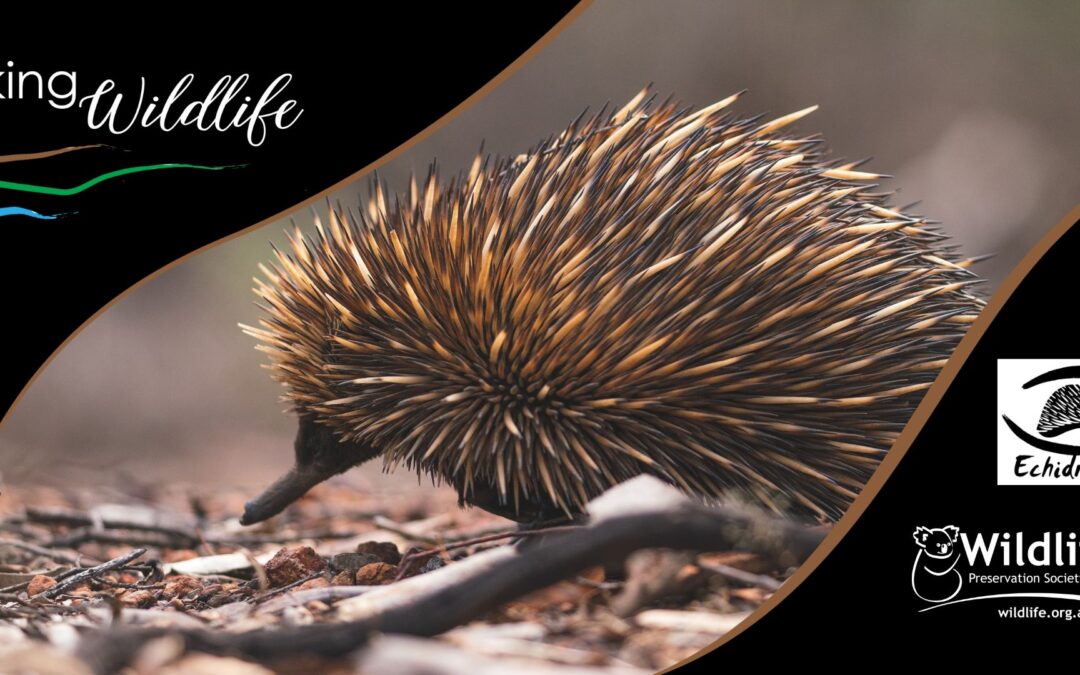
Echidna Walk & Talk
Join Wildlife Queensland’s echidna expert, Dr. Kate Dutton-Regester, on a guided, educational walk to stunning Mt Gravatt Lookout. Learn about echidna ecology and the history of Mt Gravatt, known by local Aboriginal Turrbal and Yuggera Peoples as...
Echidna Walk & Talk
Join Wildlife Queensland’s echidna expert, Dr. Kate Dutton-Regester, on a guided, educational walk to stunning Mt Gravatt Lookout. Learn about echidna ecology and the history of Mt Gravatt, known by local Aboriginal Turrbal and Yuggera Peoples as...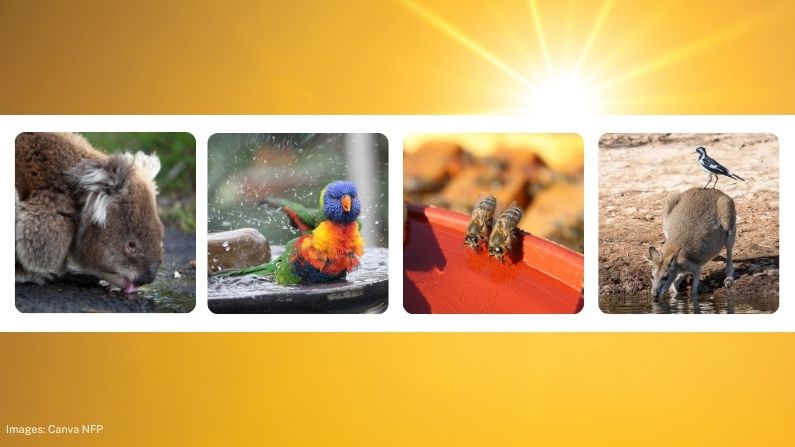
Caring for our wildlife this summer
Last updated: 11 December 2023 While the primary focus of the Wildlife Preservation Society of Queensland (Wildlife Queensland) is wildlife conservation, we frequently receive enquiries regarding wildlife care. Although we are not a wildlife rescue or care...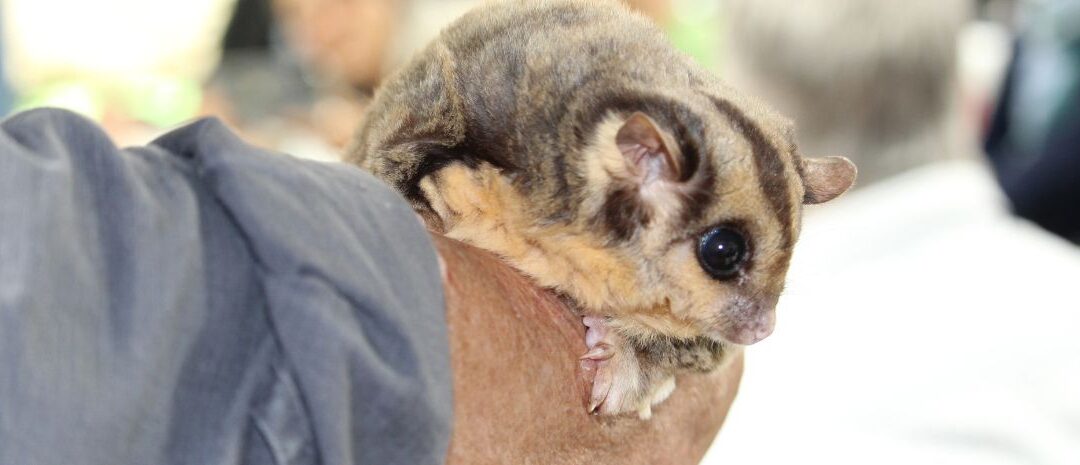
Geckoes Wildlife – Wildlife Queensland Bayside Branch end-of-year event
Wildlife Queensland Bayside Branch presents a chance to get close to native wildlife! Martin Fingland from Geckoes Wildlife Presentations gives you the chance to see a fascinating display of live native animals combined with an informative talk on our unique and...
Meet Jenny Thynne, a senior volunteer with a lifelong passion for nature and conservation
© Jenny Thynne Mother and child wombats on Maria Island, Tasmania © Jenny Thynne. 21 October 2023 Jenny Thynne’s passion for the natural world and its creatures is truly inspiring. From a very early age, Jenny loved all creatures, from tiny bugs and...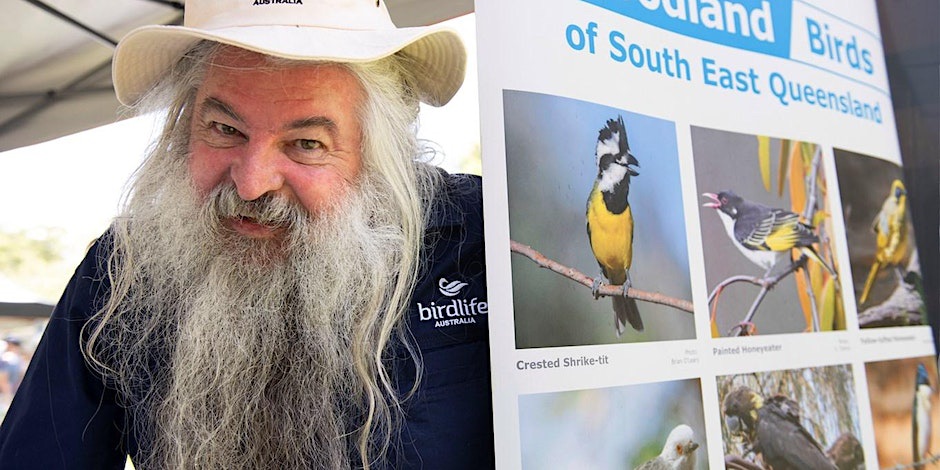
Wildlife Restoration Projects
Andrew’s “love of nature” and attending a Wildlife Queensland Bayside Branch meeting in 1994 inspired him to embark on an incredibly interesting career working in environmental management. Andrew’s wide-ranging talk will cover roles he held with Queensland Parks and...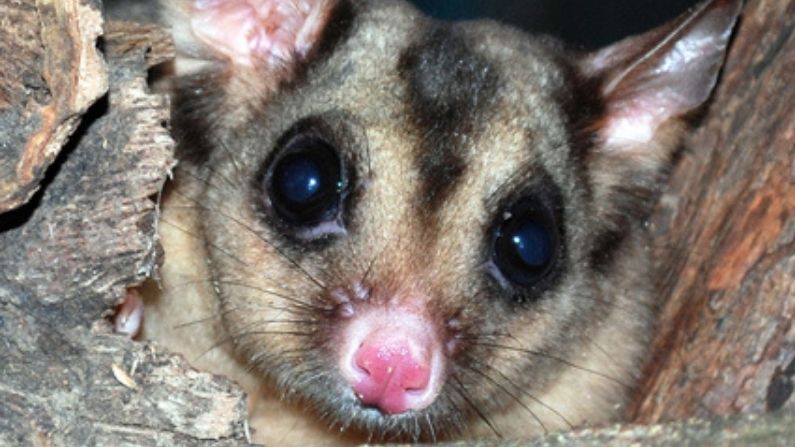
Wild about the Cassowary Coast — an exhibition
Wildlife Queensland Cassowary Coast Hinchinbrook Branch invites you to “Wild about the Cassowary Coast”, an exhibition celebrating our wildlife. The stunning exhibition is on display in the Cardwell Library Foyer Gallery throughout September for...